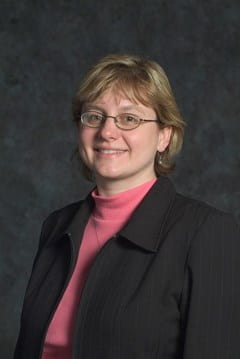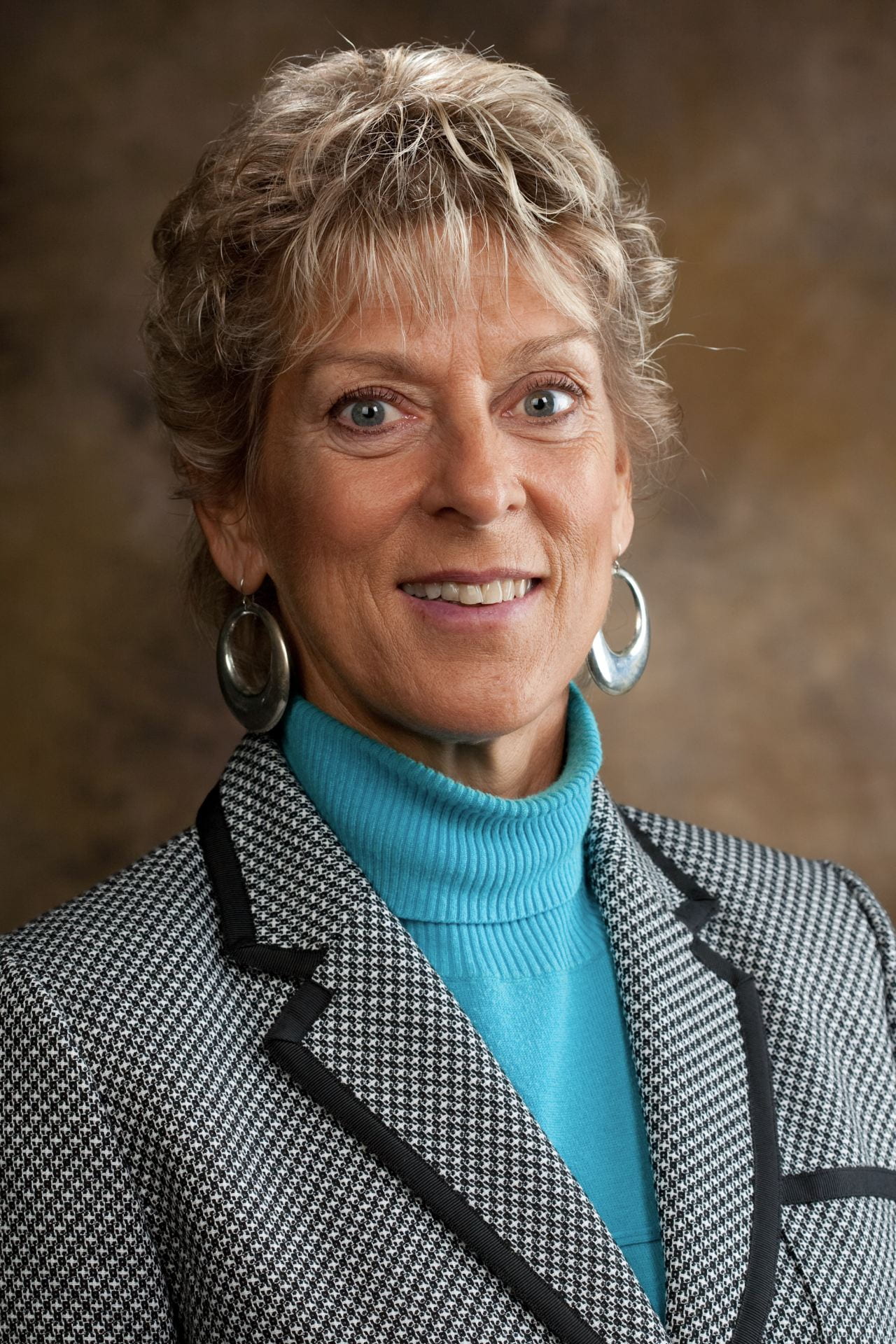Deborah Korth, Jean Henry, and Mary Margaret Hui gave a presentation on Working with First-Generation College Students at the October New Faculty Luncheon.
 |
 |
 |
| Deborah Korth Director of Fulbright Student Success, Clinical Associate Professor |
Jean Henry Associate Professor of Health, Human Performance, & Recreation |
Mary Margaret Hui Assistant Director for First-Generation Student Support |
What are First-Generation College Students?
A first-generation college students are defined as students whose parents do not hold a college degree.
Some of the barriers impacting these students compared to their peers who are continuing-generation college students are lower enrollment in high level math and AP courses as well as lower scores on average on the ACT.
They also have a higher rate of attrition for various reasons. Some examples are as follows:
- Financial need
- Academic difficulties
- Feelings of disconnect with their continuing-generation peers
- Less engagement
Only 65% of first-generation students will have graduated or still be enrolled in college after 6 years compared to 83% of their continuing-generation peers.
How can we help?
Fostering a feeling of belonging has been shown to help students succeed. This is especially helpful in first-generation college students as it can counteract the sense of isolation that they tend to experience since they often feel out of place among their continuing-generation peers.
On-Campus Living
Living on campus can really help first-generation college students succeed. On campus students have a higher rate of retention than off campus students. There are Living Learning Communities on campus that put students with similar interests or majors together to encourage friendships and connections. One specifically created for the first-generation college students might be ideal. It would put these students with other people facing similar situations and give University staff and faculty the opportunity to address their concerns as a group.
Mentoring
Pairing these students when they start out with peer mentors can give them the necessary support for success. These are people close to their age who have faced many of the same struggles that they will face. We have the University Perspectives Mentoring Program here at the University of Arkansas.
Difference-Education
Difference-education programs for first-generations students can provide an opportunity for them to hear from students of diverse social-classes that have been successful in college. This has been found to increase GPA at the end of the first year and also to increase the likelihood that these students will make use of the resources available to them through the University.
If you would like more information on how to incorporate technology into your courses, reach out to us at tips@uark.edu.
For more information, the presentation can be downloaded and viewed as a PDF.
This content was developed from a presentation by Deborah Korth, Jean Henry, and Mary Margaret Hui which was sponsored by The Wally Cordes Teaching and Faculty Support Center (TFSC) at the University of Arkansas.
Related Links